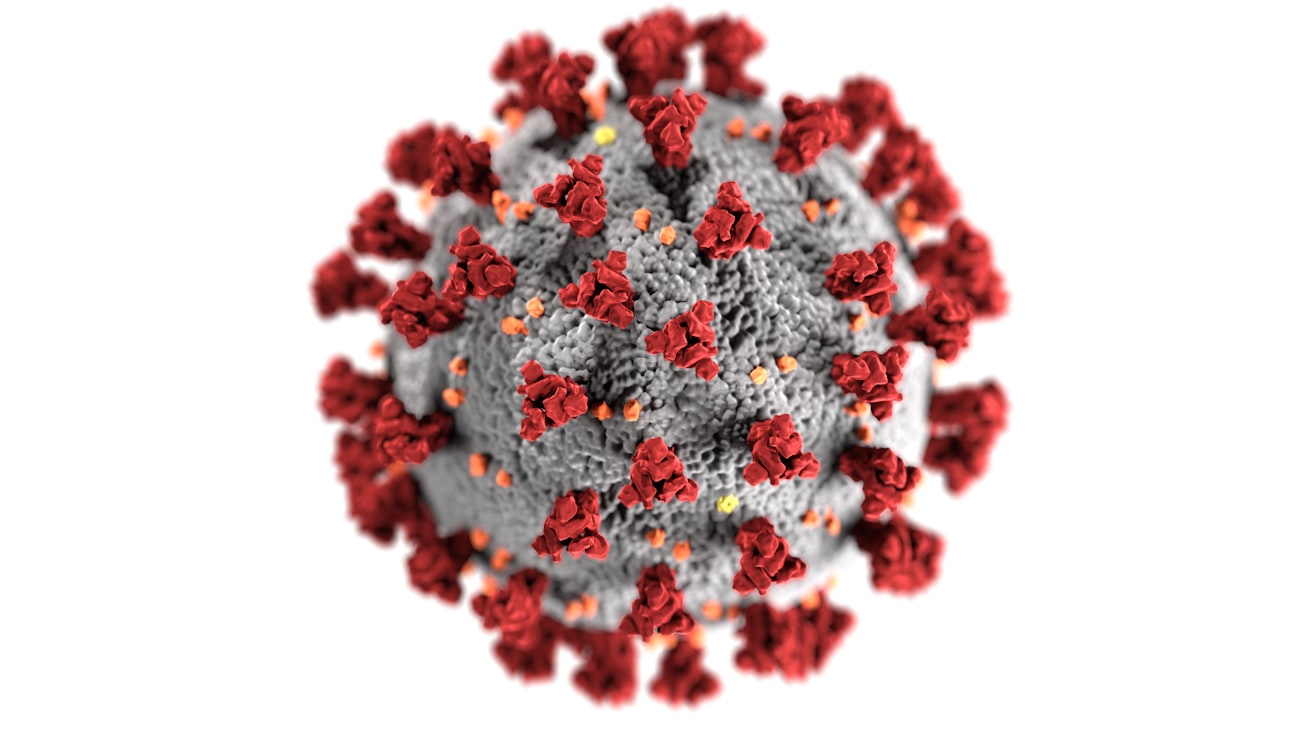What is it about?
While governments, intergovernmental organizations, non-profits, corporations are all aware that disruptions through pandemics and other natural bio-disasters like the COVID-19 pandemic can happen, barely are we proactive about them. Instead, we are always reactive. In a virtual Town Hall meeting of the Academy of Human Resource Development (AHRD) held on 9 April 2020, on the theme ‘How is the pandemic a game-changer for HRD?,’ the President of AHRD, Laura Bierema, challenged HRD scholars to determine the possible futures of HRD scholarship post-COVID-19 Pandemic. This article proposes the use of the Strategic Flexibility Framework (SFF) to determine the possible futures of HRD post-COVID-19 pandemic. I first discuss the SFF as a scenario planning and analysis tool. I then developed four scenarios of possible futures for HRD Research and Practice post-COVID-19 pandemic. These scenarios include the ‘Meaning of work,’ ‘Leadership,’ ‘Contactless Commerce & Education,’ and ‘Volunteerism.’ I conclude by discussing the important opportunities that can serve as intervention points for post-COVID-19 HRD theory, research, and practice.
Featured Image

Photo by CDC on Unsplash
Why is it important?
COVID-19 and the associated reactionary problem-solving mechanisms that have been put in place and continue to be put in place are what will drive HRD research and practice in the next normal. In anticipation, I have developed four scenarios of possible futures for HRD Research and Practice post-COVID-19 pandemic. These scenarios include the ‘Meaning of work,’ ‘Leadership,’ ‘Contactless Commerce & Education,’ and ‘Volunteerism.’ These scenarios are statements of how the COVID-19 pandemic could shape some critical HRD functions and the logical consequence for new HRD research and practice requirements.
Perspectives
The evolution of new taxonomies like ‘essential’ and ‘non-essential’ workers, ‘frontline’ employees, ‘de-densified’ workspaces, ‘hyflex’ education approach, are creating research themes and emergent research questions. How should HRD and HR functions adapt and define these new taxonomies? How will such employee and labour categorizations affect employee motivation? Volunteerism, private-public partnerships, human rights, and several other HRD functions which, are severely under-represented in HRD scholarship have been bolstered as the result of the pandemic and can no longer be sidelined in HRD research. To ensure all these are put in the right perspective for HRD research to be relevant, there is the need for a Strategic Flexibility Analysis, as has been illustrated in this article.
Prof. Robert M Yawson, PhD
Quinnipiac University
Read the Original
This page is a summary of: Strategic flexibility analysis of HRD research and practice post COVID-19 pandemic, Human Resource Development International, June 2020, Taylor & Francis,
DOI: 10.1080/13678868.2020.1779169.
You can read the full text:
Contributors
The following have contributed to this page







